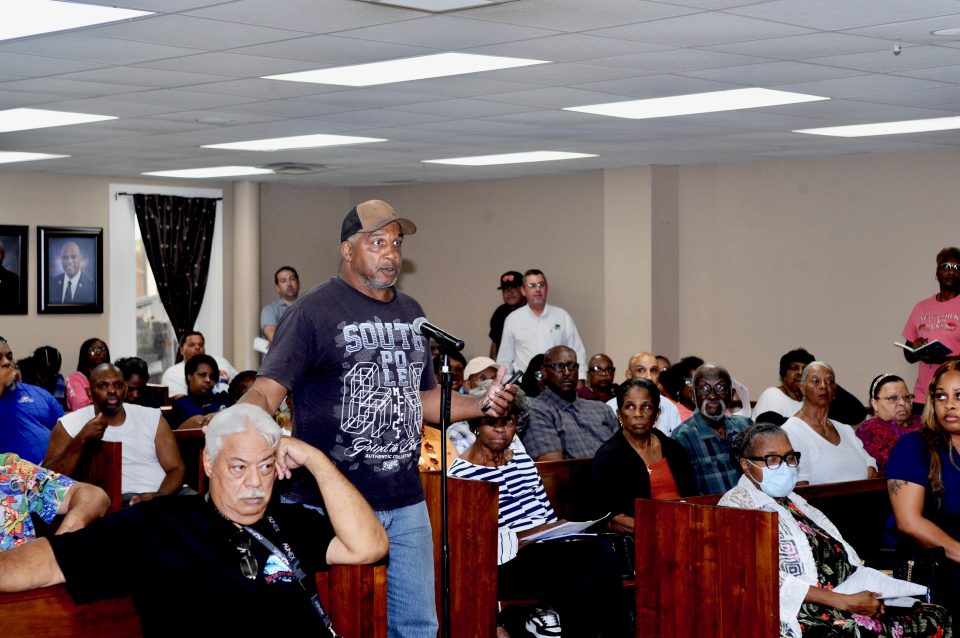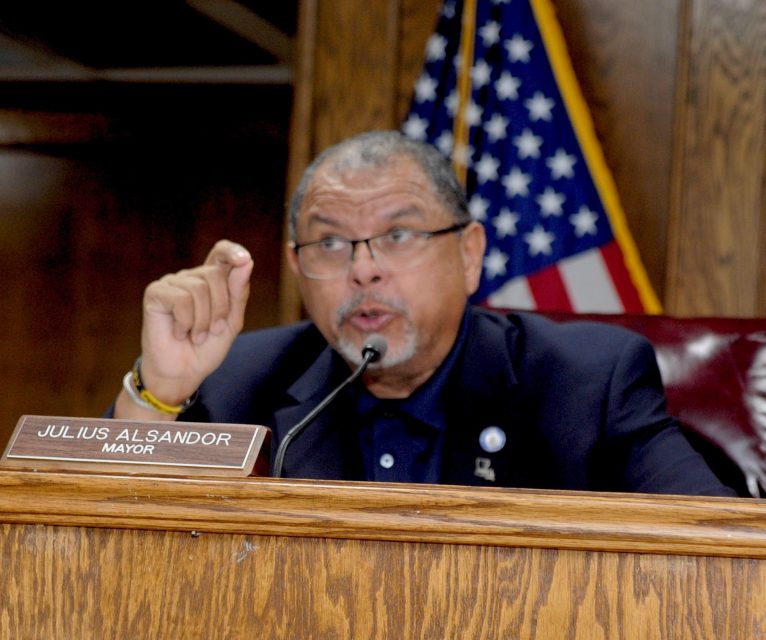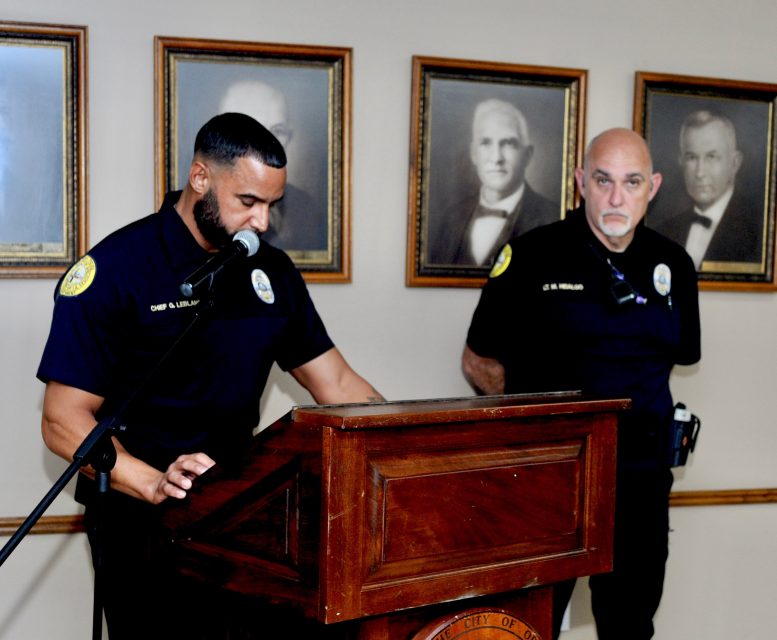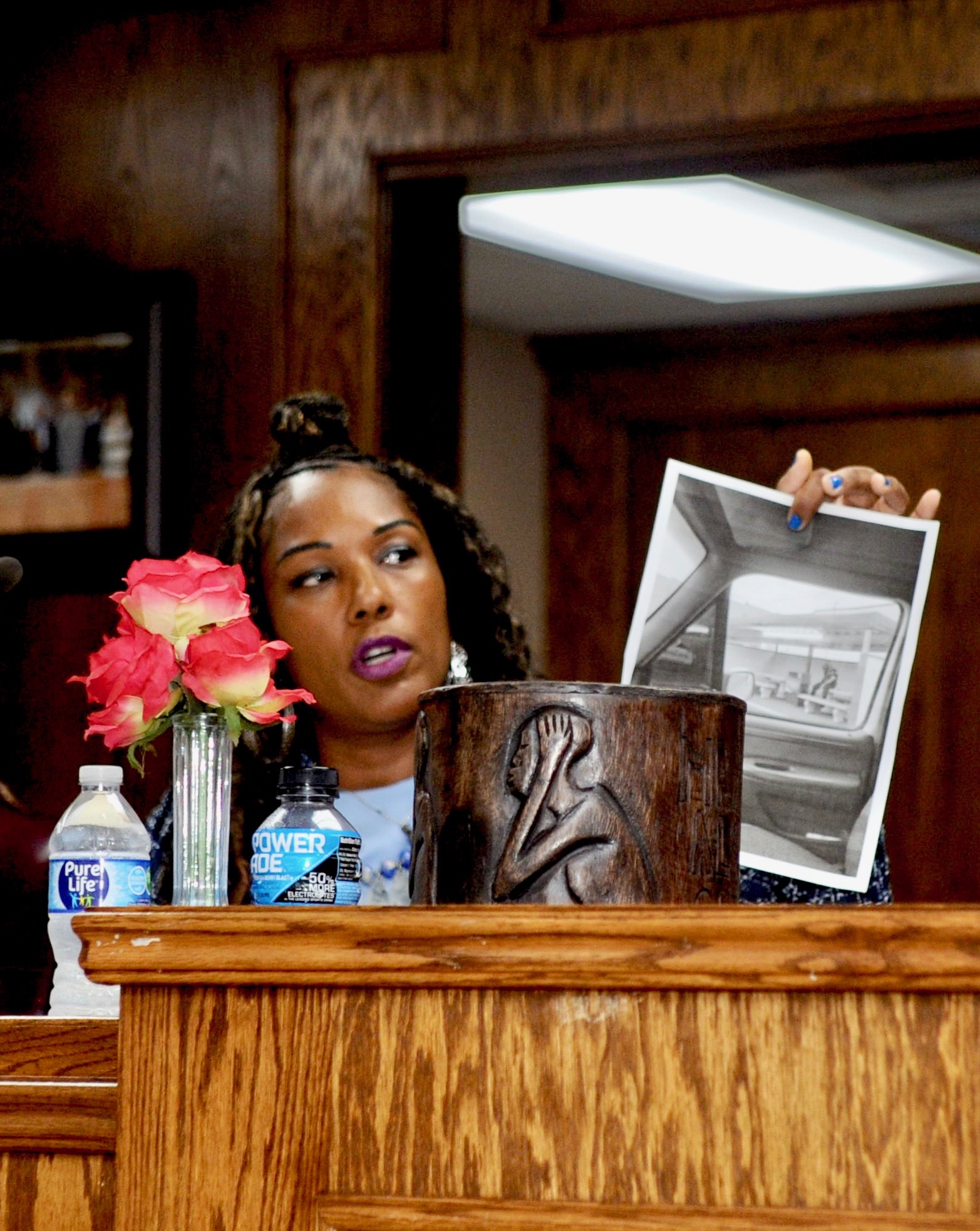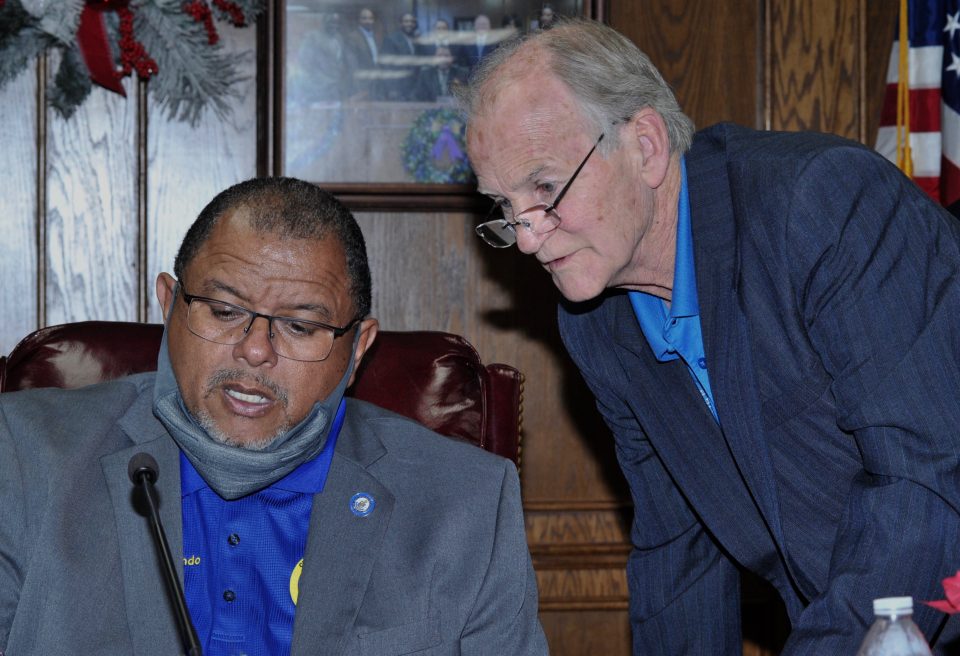Board Makes Decision On Cameras
BOBBY ARDOIN
St. Landry Now.com Editor
Slow down, Opelousas.
Speed cameras, at least for now, remain in effect.
That decision was finalized Tuesday night as the Board of Aldermen voted 4-2 against repealing a previous city ordinance which authorized the use of photographic or automated operations to enforce vehicular speed.
Sherell Roberts, Chasity Davis-Warren, Marvin Richard and John Guilbeaux voted “no,” which means they favor keeping the camera speed enforcement system which has been operated by city police for the past three years.
Delita Broussard and Charles Cummings cast “yes” votes, indicating they wanted to prevent OPD from continuing the use of a speed camera system.
Broussard, who requested an ordinance change in connection with the speed camera usage, said during the lengthy public hearing which preceded the vote, that she would rather have officers personally regulate vehicular speed.
During the public hearing, Broussard produced paperwork that she said contained over 1,000 signatures from individuals opposing the speed cameras.
Cummings said that OPD is the only department that no longer relies on radar to monitor speed or traffic violations.
Marlon Jones, who spoke during the public hearing, told Opelousas Police Chief Graig LeBlanc that the city is considered a “laughing stock” statewide, since it is reportedly the only Louisiana municipality still using the automated camera system.
Jones also said that fines mailed to alleged speed violators for payment, should also be reduced.
LeBlanc told Jones that the costs of fines will probably be adjusted or lowered at some point.
Rachel Reed, who has been an outspoken social media critic of automated speed cameras, posed a number of questions to LeBlanc.
Reed asked LeBlanc to explain how the automated cameras deter crime, how the fines paid by violators are remitted to OPD and the city, the penalties for not paying fines and what auditors have concluded about the use of speed cameras.
LeBlanc told Reed that automated speed cameras allow OPD to use officers more judiciously.
Additionally LeBlanc explained that 60 percent of fine payments associated with violations are given to the city, while another 40 percent is given to the company which maintains the cameras.
LeBlanc said that 10 percent of the city’s cut for the fines goes to Opelousas City Court, which administers the fine payments. The city court is using the fine proceeds for handling juvenile issues.
No camera-generated speeding tickets are issued unless a motorist is driving at least 12-miles-per hour over posted speed limits, said LeBlanc.
The use of camera enforcement, LeBlanc said, is part of a strategic departmental plan at fighting persistent citywide crime.
“What I have done is working. If you go down Landry and do 38, you’re going too fast,” LeBlanc said.
